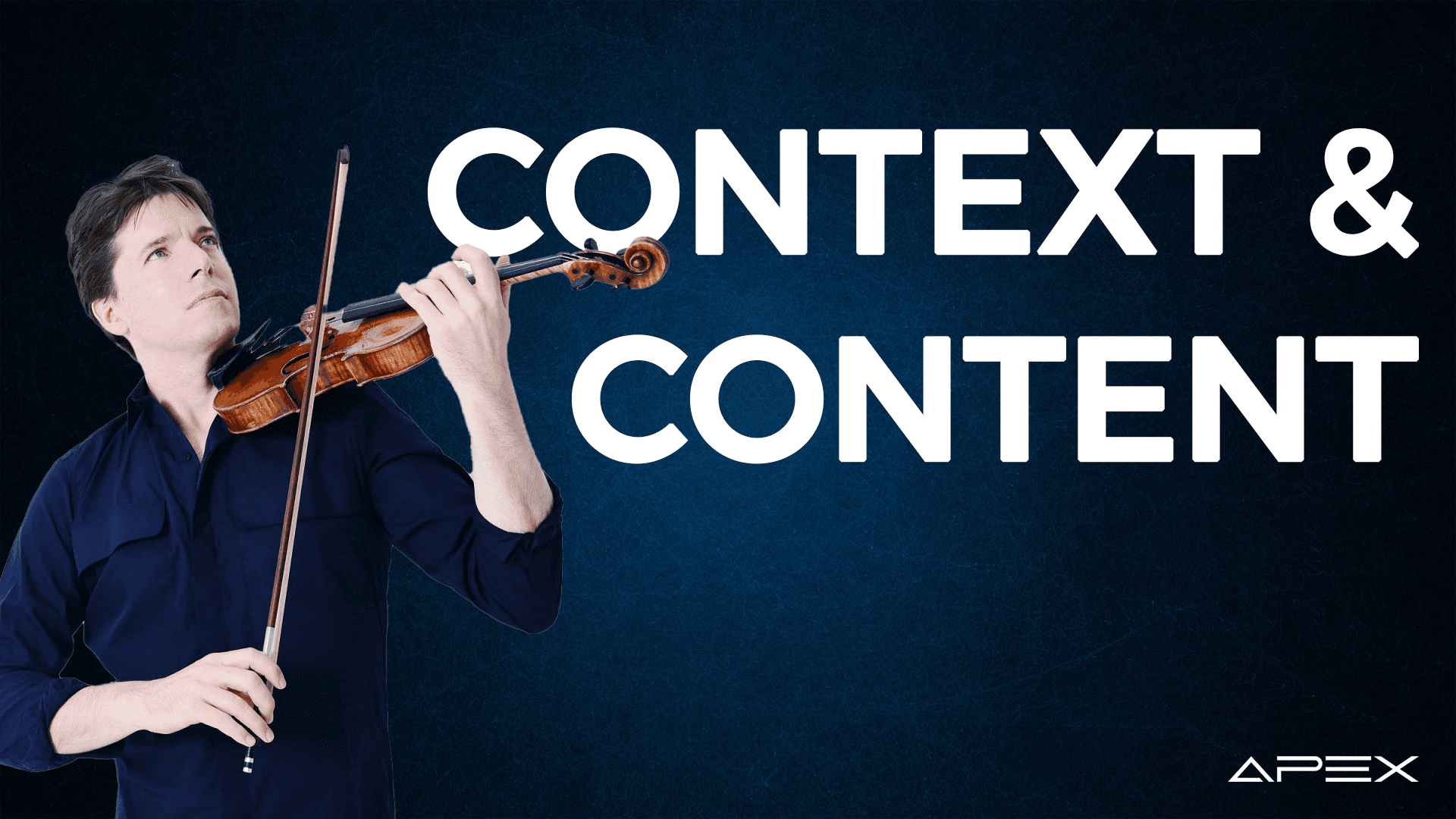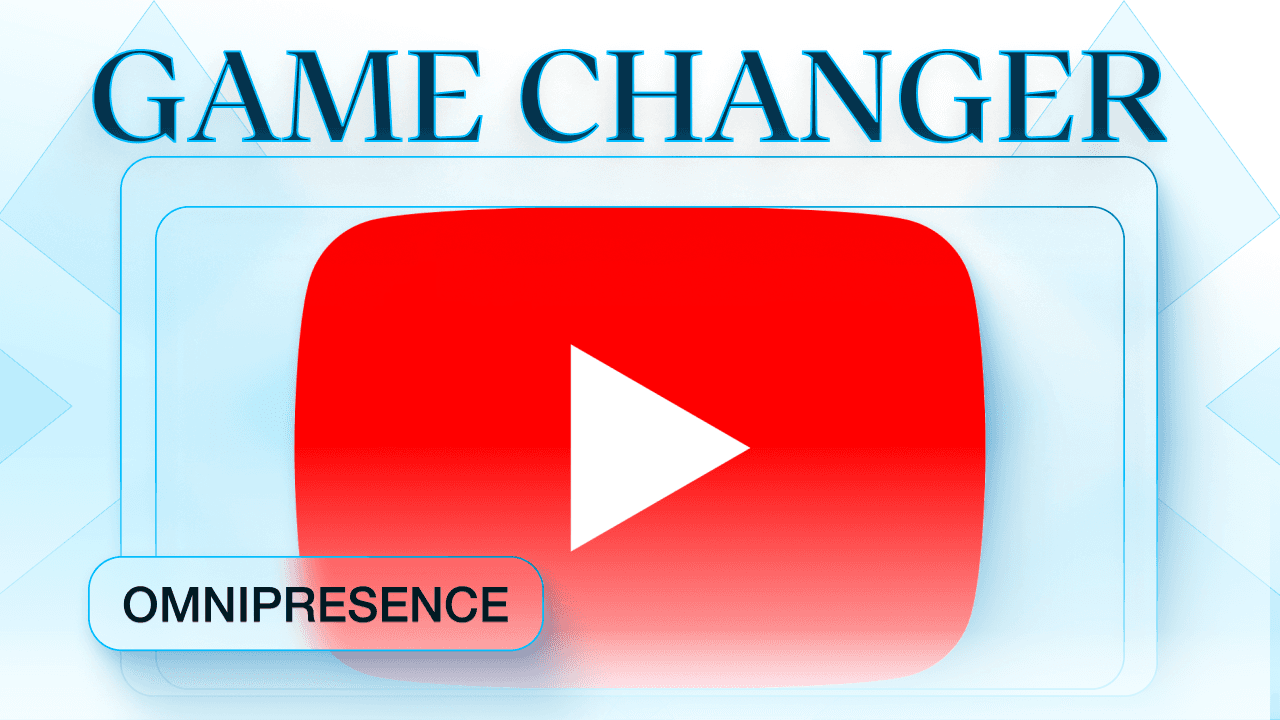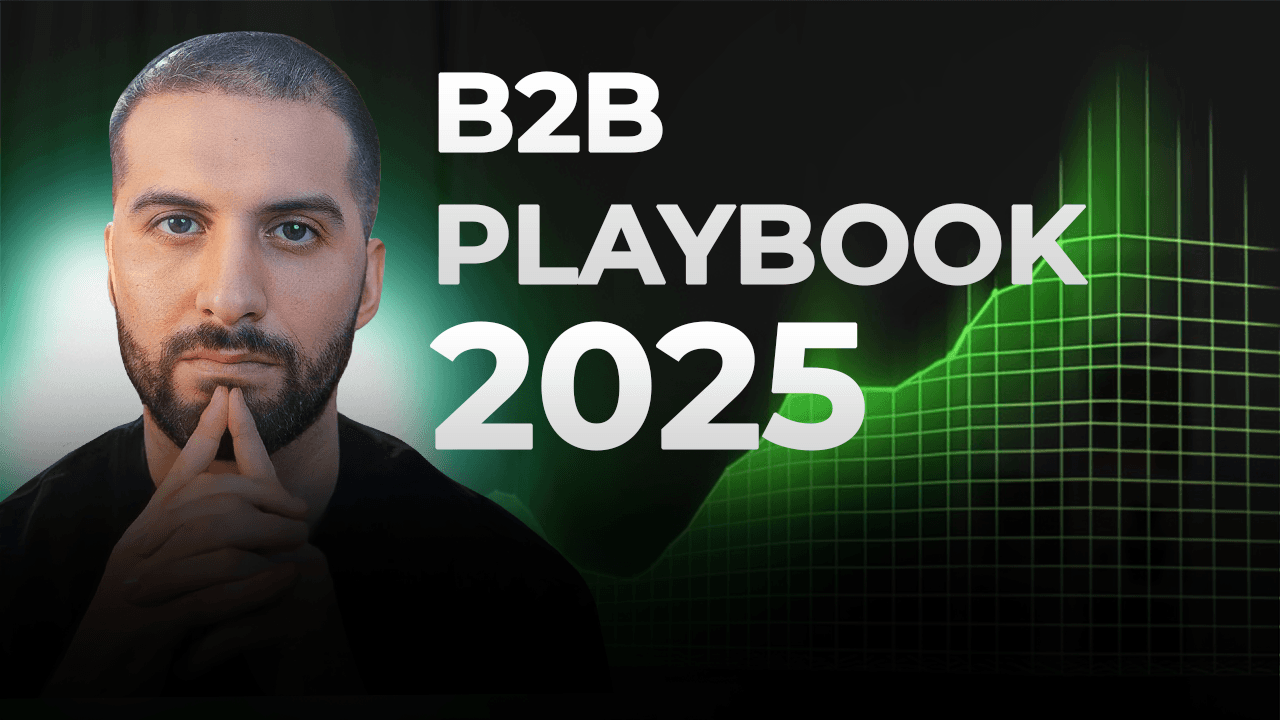Negative feedback is painful but less painful than being completely ignored. When you pour your heart, soul, and time into something – it hurts when nobody seems to care. If no one acknowledges your work, it's natural to wonder: does that mean it's bad? But more importantly, does it mean it's not worth anything?
To figure that out, let me first tell you about Joshua Bell. If you're more cultured than me, you may already know that Joshua Bell is one of the most celebrated artists of our generation. He was a child prodigy and is now an internationally acclaimed violin virtuoso.
Translation: He's not only good at violin, he's one of the best.
In the early 2000s, Joshua Bell was a sensation, filling Symphony Halls with tickets selling for $100+ each. However, in 2007, The Washington Post convinced him to conduct a unique experiment.
He would play his violin during rush hour inside a Washington, D.C., metro station, using a handcrafted 1713 violin worth $3.5 million. The location was significant, as it was a place where his talent was not recognised.
Over the next 43 minutes, 1,097 people passed by. Almost none stopped, and he earned just $32.17 in change.
The Lesson from Joshua Bell's Experiment
This experiment wasn't completely useless. One man stopped because he felt so moved by the music. Another man who studied violin noticed how technically proficient Bell was. One child tried to stop his mother so they could listen. And one woman recognised Joshua Bell himself.
As business owners, we crave recognition. We need attention for more impressions, which ultimately leads to more sales. If Joshua is technically one of the best at his craft, what hope do we have?
What can we learn from this experiment?
Context Over Content
In the subway, there was no external validation providing context for his work. The only context was, "This is a busker," and people may not expect buskers to be good, let alone world-class.
After all, if they were good, why would they be here?
The subway is a low-trust environment - the context in this case. This is in contrast to the halo effect of having "made it." When the culture (or a small subculture) agrees that you've "made it," then you start getting invited into places that are only open to those who have "made it." Those platforms provide external validation, reinforce your legitimacy, and it gets easier and easier to be taken seriously.
When you showcase your work in places with others who haven't "made it," you're also assumed to have not "made it" yet – just like Joshua Bell in the subway. We don't expect music in that environment to be world-class – so just by virtue of that space, we discredit the work.
The context in which you share your content matters a lot. It presets our expectations and how we receive it.
Make Content Work for You - Not Against You
Social media is great. It attracts tons of attention, but it is a low-trust environment that is skeptical of new people. The For You algorithms of social media have democratised your ability to get in front of people, but to grab our attention (and retain it), you must make a remarkable impression (fast).
The bar is getting higher all the time.
It's always rush hour on the great social media subway, and it gets busier every day. The digital passerby isn't looking to dole out more of their precious attention – they're actually trying to disqualify and ignore as many people as possible.
Critical thinking and discernment take effort. To make things easier, we lean on heuristics to make choices without thinking too hard. One of our favorite ways to determine whether or not to pay attention to something is whether someone else we already trust endorses them.
Another is to look at a Follower count to see if people generally seem to trust this person.
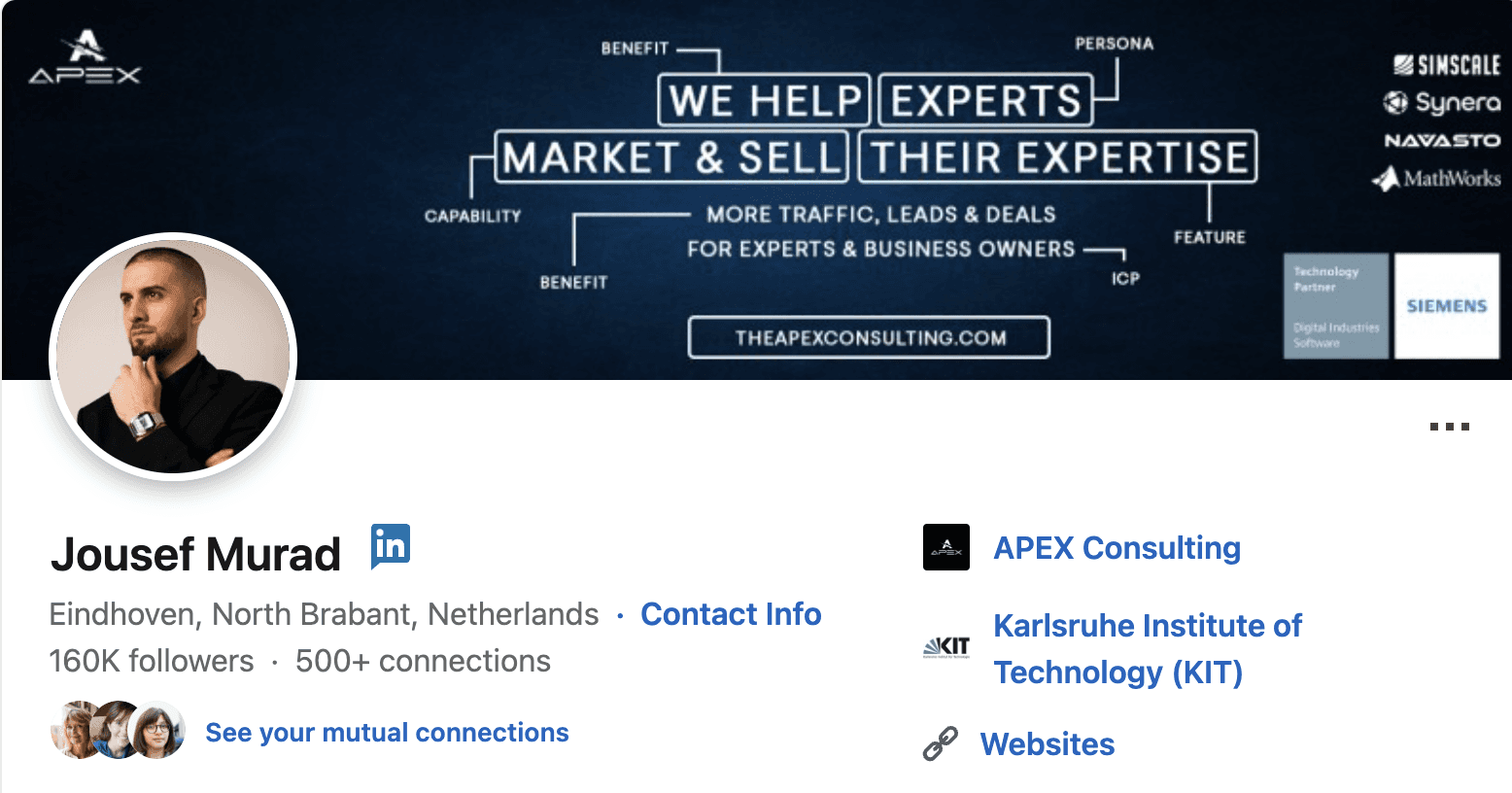
Over 160,000 followers on LinkedIn bring a lot of trust, but it takes a very good strategy to get there.
Get the Marketing Operating System
Instead of thinking for ourselves, we often offload that critical thinking and discernment to someone we've already decided to trust. We seek external validation of someone to save us some effort.
In a world where your own Followers may not see your work, Follower counts are still used as an eyeball test for your legitimacy. They create both a vicious and virtuous cycle. It's difficult to build momentum, but it's also difficult to stop once you do.
Leveraging Relationships & High-Trust Environments
When good content is presented in the context of a high-trust environment, it tends to perform well. Of course, we’d all love to be featured on these big platforms tomorrow. It’s not as easy as snapping your fingers for most of us, and there is more demand for these stages than there is supply. It took me 5+ years to build my following on LinkedIn, posting every single day, 365 days a year, for 5 years straight.
So who gets the attention? People or businesses who have...
Pre-existing relationships
A platform or social proof of their own
Novel ideas
Timely ideas
Relationships reign supreme. Ever notice how the biggest names seem to all know each other? We listen to a shockingly small number of voices – and those voices are often reinforcing each other.
You start to understand how the game is really played. The largest and fastest-growing creators often have relationships with other creators that audiences trust. Sometimes those relationships are earned through doing great work, and other times those relationships pre-date the work itself.
Gatekeepers often lend their stages to their up-and-coming friends (podcast guest appearances, channel collaborations, or even social media reposts). This is easier when your ideas are novel and complementary to the gatekeeper (rather than competitive). It should be no surprise that this can be a great lead and client acquisition strategy if you work with people who have got a great following.
Relationships are a force multiplier. If you have a warm relationship already, you have an inside track.
Building Your Own High-Trust Environment
Like building individual relationships with your own audience, this is a slow process — but it’s the most broadly accessible strategy we have.
Remember: this is all easier when you’re doing high-quality, differentiated work. Long-term, you want to develop your own platform. Your own high-trust environment. When you develop trust with an audience, you become your own gatekeeper. It's the most valuable (but difficult) position to develop.
Whatever you do to get there, when you're able to share your content through a high-trust context, you stack the odds of success in your favour.
Low-quality content in a high-trust environment typically outperforms relatively high-quality content in a low-trust environment.
Even creators who worked hard to develop an audience through high-quality work often start to coast in the high-trust environment they've built for themselves, making lazier content that wouldn't perform well outside of their own platform — simply because they can.
The success of your content isn't solely determined by the quality of your work. Unfortunately, the internet isn't a pure meritocracy. In the long term, you want to earn the trust of an audience. In doing so, you build your own high-trust environment. This is hard-earned over the course of years (and easily lost). You can do it brick-by-brick, slowly, in the great online subway, or you can get on other stages to borrow from their high-trust environments.
Conclusion
Relationships are an unfair advantage. You build these relationships slowly and genuinely over time. Find someone who can help build your strategy to save you wasting time...or you can do this the hard way by "busking" alone on social media.
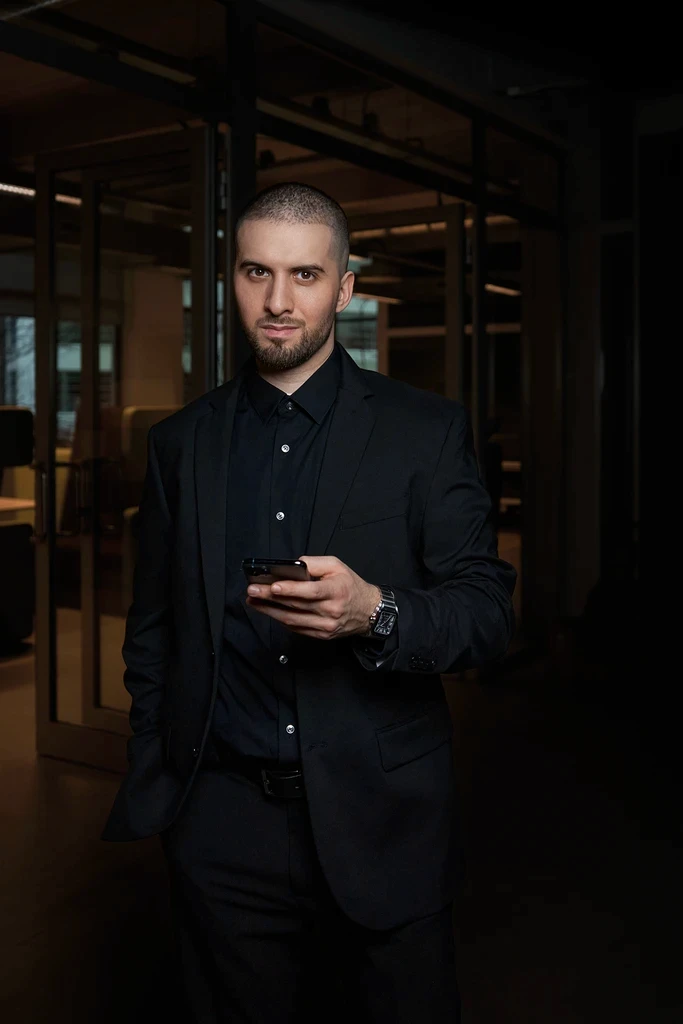
Jousef Murad
Founder of APEX

